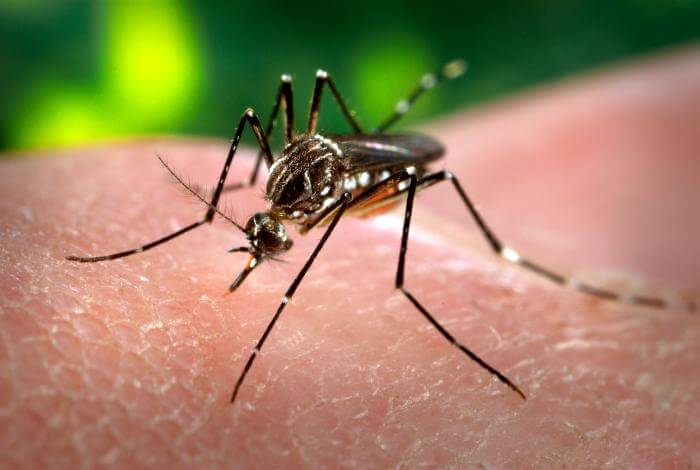Is it time to worry about Zika?
Recently, the World Health Organisation (WHO) has faced public criticism for its slow and stunted response to the Zika virus pandemic that is currently spreading across Central and South America. The Zika (pronounced zee-kah) virus is a mild infection which causes similar symptoms to dengue fever on a much smaller scale.
In the highly unlikely event that you, dear reader, were to contract the Zika virus, almost certainly from a mosquito sting, you may experience a mild fever, some joint and muscle pain and perhaps a rash. While there is no vaccine nor treatment for Zika, the solution is simple: bed rest, fluids and whatever else you can do to gently distract yourself for two to seven days. By which time, the fever should have passed.
The fever may be unpleasant, but one would think it manageable. And yet, the WHO is worried. Mosquito-borne diseases are some of the fastest spreading: malaria, West Nile and dengue fever to name just a few. These diseases spread across vast areas at very rapid rates and cases arise across entire continents in relatively short spaces of time. They are hard to control, especially in the developing world where public health infrastructures are more limited. The Zika virus has now affected at least four million people.
More importantly, however, is Zika’s hidden effects. Little is known about the virus, having only been first isolated in only the mid-20th century. But an increasing number of birth defects in new-born infants has been noticed in areas affected by the Zika virus, a sufficient number to be considered a direct correlation. The infection has been linked to cases of microcephaly, a neurodevelopment disorder in which babies are born with underdeveloped brains. Approximately 4,000 cases of microcephaly have been reported in Brazil, one of the main locations in which Zika has spread. Furthermore, Zika has been associated with a muscular disorder known as Guillain-Barré syndrome, which directly effects the nervous system and can be life-threatening. As such, what was previously seen as a minor fever has grown to become a matter of international concern.
On February 1, the WHO declared that the Zika virus now constitutes a global health emergency
On February 1, the WHO declared that the Zika virus now constitutes a global health emergency. This does not intrinsically imply a worldwide threat, but instead publicises an expectation of UN member states to send aid and experts to suffering countries. WHO director, Margaret Chan has referred to this as an ‘extraordinary event’ and a ‘public health threat’ to the rest of the world if the pandemic cannot be dealt with quickly. And while the scientific evidence for the connection between Zika and microcephaly is not clear, the record cases are such that it justifies such a state of emergency, particularly following the slow reaction of the WHO following the outbreak of Ebola in 2014, by which time 1,000 people had died.
Declaring a health emergency has drawn worldwide attention to the potential threat that the virus causes. While currently contained, there are trade and tourist vectors by which the disease can migrate, thus precautions have been taken by the WHO to prevent such transmission. There are reports of three Britons contracting the virus after travelling to South and Central America. However, with the WHO’s intervention, action can now be taken to ensure the disease’s worldwide impact is limited.

Comments (1)
Mosquito egg trap
Build a mosquito egg trap which consists of a black container placed in the shade that fills with water automatically giving a place for mosquitoes to lay eggs. The water would drain every 12 hours to ensure the eggs dies on the ground. Make millions of these devices. A genetically engineering solution will never get rid of all the mosquitoes and will cost more as well as have potential unwanted consequences.
Regards
James Rayfield
http://www.tilogeo.com